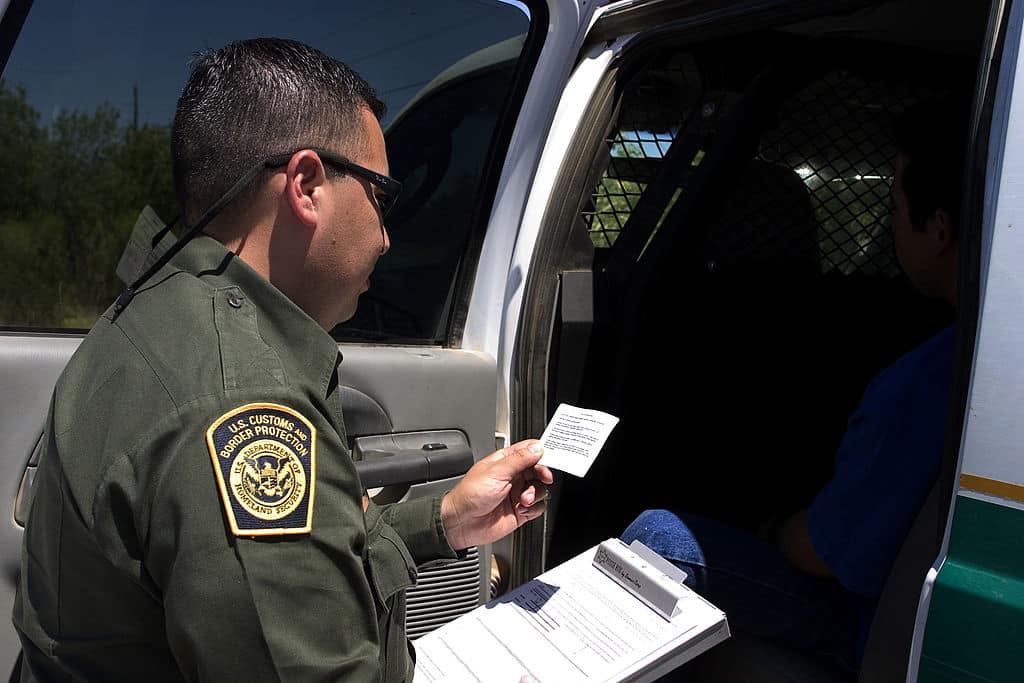The Department of Homeland Security said Friday it had carried out more than 11,000 deportations in the week since the pandemic-era border expulsion policy Title 42 ended on May 11.
Title 42, which was put in place by the Trump Administration and continued by the Biden Administration, ended simultaneous to the end of the Covid-19 public health emergency.
Daily crossings at the U.S.-Mexico border had soared to a record high of 10,000 in the days leading up to Title 42’s end. However, they quickly nosedived, with U.S. border officials now averaging 4,400 daily encounters over the past week. On Wednesday and Thursday of this week, Border Patrol averaged 3,000 daily apprehensions, or a 70% decrease from earlier this month.
Since May 11, migrants crossing the border illegally have been expelled under Title 8 of the legal code. It essentially states that any would-be U.S. immigrant is ineligible for admittance to the U.S. for numerous reasons, which can be health-related, crime-related including trafficking or vice, human rights violations, or security-related issues such as terrorism.
Also, entry can be denied under Title 8 if a person—usually a government official—poses “potentially serious adverse foreign policy consequences for the United States.”
Unlike those expelled under Title 42, migrants deported under Title 8 can face severe immigration and criminal consequences, such not being allowed to return to the U.S. for five years. A person can face criminal prosecution if they attempt to do so.
DHS on Friday said U.S. asylum officers had interviewed more than 2,700 migrants in the week since Title 42 ended.


